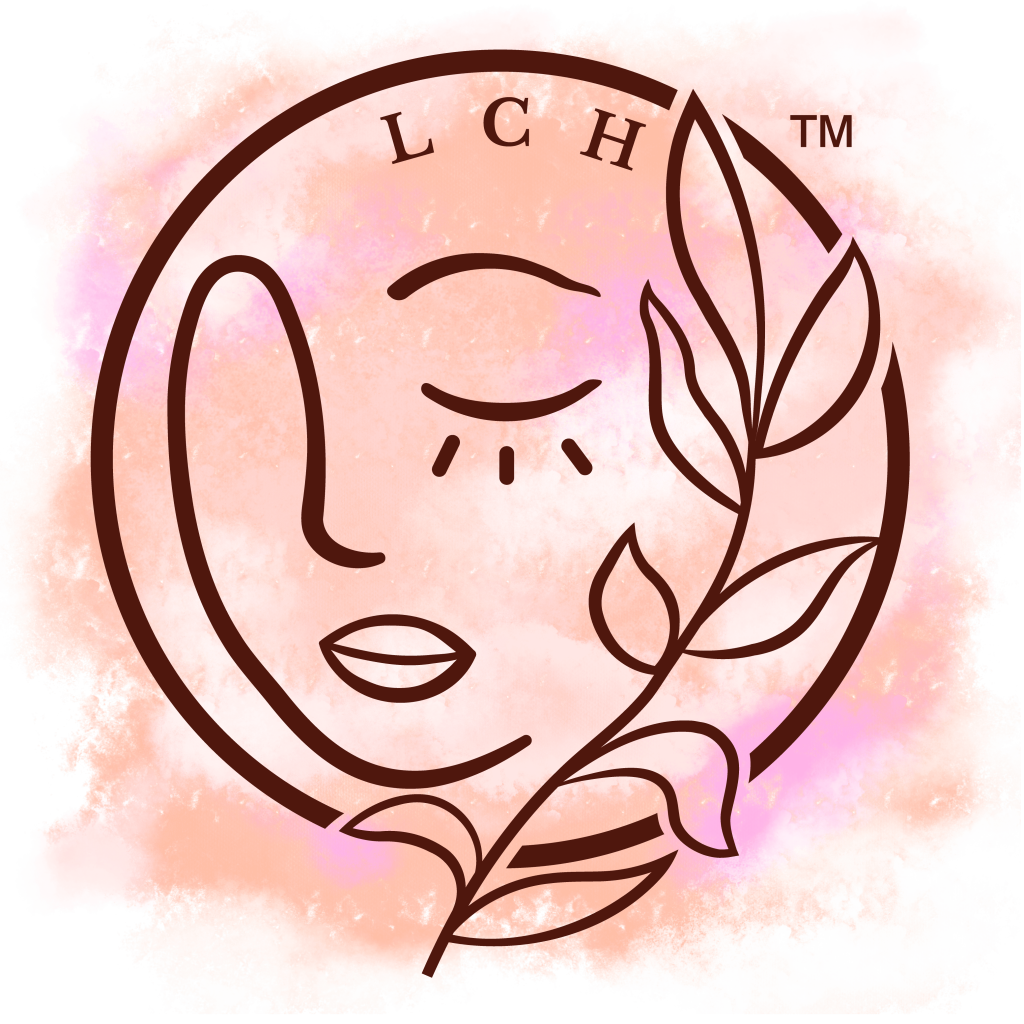What are Essential Oils?

We have heard about Essential Oils, their benefits, and their dangers, but there is too much unknown information in these collections of small bottles of extracted and concentrated plant oil.
Essential oils are concentrated plant extracts known for their natural aroma and healing properties. Each oil is extracted from different parts of a plant—such as leaves, flowers, bark, or roots—and captures the essence of the plant’s scent and beneficial compounds.
A Brief History of Essential Oils
Essential oils have been used since 3000 BCE, with origins in ancient Egypt. Egyptians used oils like Frankincense and Myrrh in:
- Cosmetics
- Medicine
- Religious rituals (especially mummification)
They even documented over 700 medicinal recipes involving essential oils.
🧴 Essential Oils vs Carrier Oils
Essential oils and carrier oils (also called vegetable oils) differ in source, extraction, composition, concentration, and usage.
| Feature | Carrier Oils | Essential Oils |
|---|---|---|
| Source | Seeds, nuts, fruits | Leaves, flowers, roots, bark |
| Extraction | Cold-pressing, expeller pressing | Steam distillation, solvent extraction |
| Composition | Fatty acids (e.g. oleic acid) | Volatile compounds (e.g. terpenes) |
| Use | Cooking, moisturizing, skincare | Aromatherapy, healing, massage |
| Concentration | Non-concentrated | Highly concentrated |
| Scent | Mild to neutral | Strong and distinctive |
| Price | More affordable | More expensive due to complexity |
Breakdown of Differences
1. Extraction Method
- Carrier Oils: Cold-pressed from seeds or fruits (e.g. olive, coconut, sunflower).
- Essential Oils: Extracted via steam distillation, cold-pressing, CO₂ extraction, or enfleurage.
- Example: Citrus oils are cold-pressed due to their delicate nature.
2. Composition
- Carrier Oils: Rich in fatty acids and vitamins (A, D, E, K).
- Essential Oils: Made up of volatile compounds like terpenes and esters with therapeutic effects.
3. Usage in Skincare & Health
- Carrier Oils: Moisturize skin, nourish with nutrients, and form protective barriers.
- Essential Oils: Used in aromatherapy, topical blends, and natural remedies. Often need dilution.
4. Concentration & Safety
- Carrier oils are safe for direct use.
- Essential oils must be diluted and never ingested without guidance. Improper use may cause:
- Burns
- Allergies
- Respiratory issues
- Serious health risks
How to Use Essential Oils Safely
1. Aromatherapy (Diffusion)
- Add 3–5 drops to a diffuser with water.
- Promotes relaxation, better mood, and respiratory support.
- Use for 20–30 minutes at a time.
2. Topical Application
- Always dilute with carrier oil (e.g., jojoba, sweet almond).
- Test on a small skin area first.
- Useful for massage, pain relief, or skincare.
3. Aromatic Baths
- Mix 5–10 drops with carrier oil or Epsom salt before adding to warm water.
- Helps relieve tension, boost mood, and relax muscles.
4. Direct Inhalation
- Inhale from a tissue or your palm (with carrier oil).
- Effective for mental clarity, stress relief, and congestion.
5. Natural Cleaning
- Add 5–10 drops to mop water for a naturally fragrant home.
⚠️ Essential Oil Safety Tips
🚫 Not All Essential Oils Are Safe!
1. Avoid Ingesting Essential Oils
- Oils like Camphor, Wintergreen, and Eucalyptus can be toxic if swallowed.
2. Caution Around Kids & Pets
- Unsafe for babies under 1 year.
- Oils to avoid: Peppermint, Tea Tree, Clove, Oregano, Eucalyptus
- Safe oils for kids over 2: Lavender, Chamomile, Orange, Frankincense
3. Beware of Over-Inhalation
- Strong oils like Cinnamon, Thyme, Peppermint may cause:
- Coughing
- Sneezing
- Allergic reactions
- Asthma flare-ups
4. Topical Use: Beware of Photosensitivity
- Citrus oils like Lemon, Lime, Bergamot can cause sunburn when exposed to sunlight.
- Avoid sun for 12 hours after using photosensitive oils.
Respect the Power of Nature
Essential oils are potent, natural remedies, historically handled only by healers, priests, and herbalists. While they offer many benefits, using them incorrectly can cause harm. Always dilute, test, and use with intention and knowledge.

